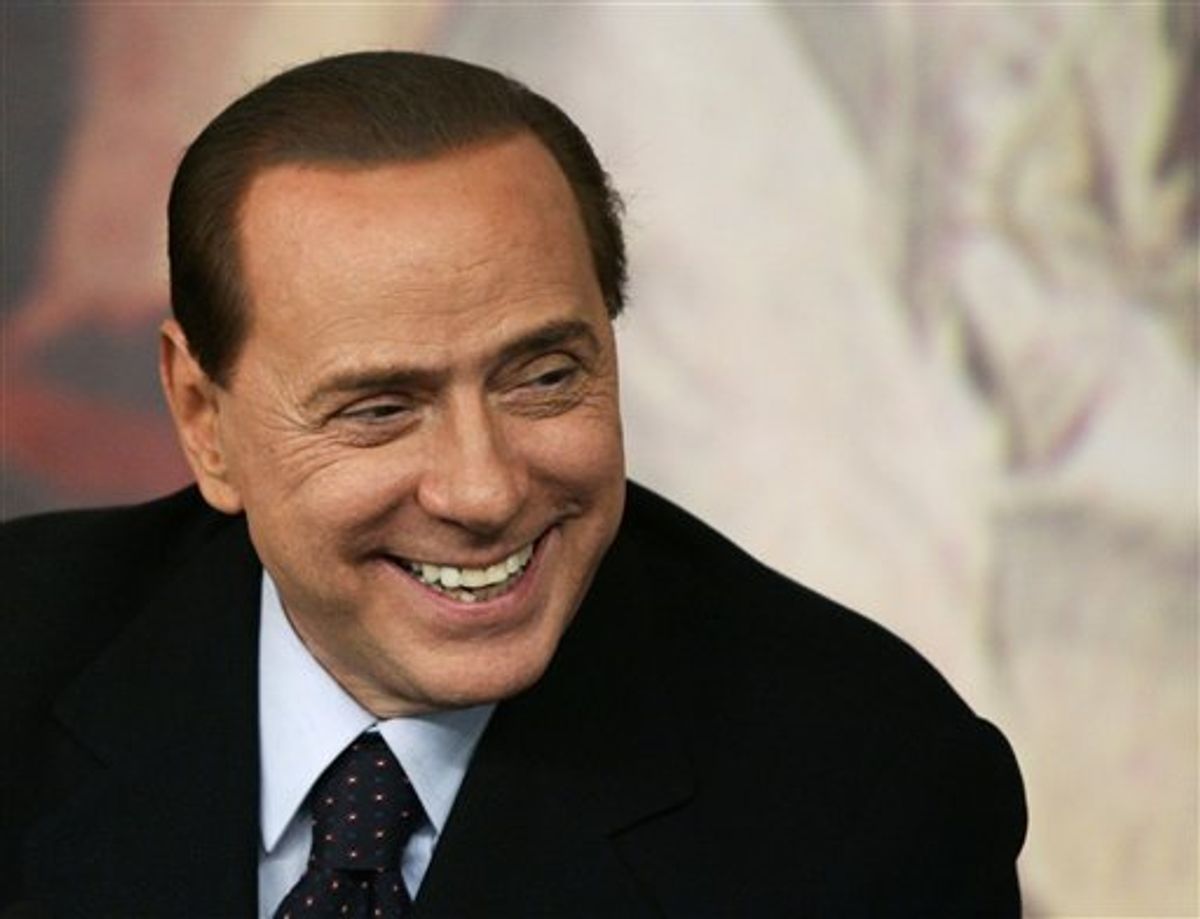 ROME, Italy — Italians took a break from politics for most of 2012.
ROME, Italy — Italians took a break from politics for most of 2012.
Bitter party rivals buried their grievances to give a non-elected, technocratic government time to convince financial markets that the world's 8th-largest economy isn’t headed for a Greek-style meltdown.
But all that changed over the Christmas break, when the country was suddenly plunged into an election campaign that's seen as crucial not only for Italy’s future, but for the entire euro zone.
The head of Germany’s central bank warned the country would be flirting with disaster if it allowed the elections to derail efforts to reform its economy and reduce the euro zone' second-highest government debt.
"It would be disastrous if they [the reforms] were called into question by the outcome of the elections," Jens Weidmann told the business magazine Wirtschaftswoche on Thursday. "If the reform process comes to a halt, Italy would again lose investors’ confidence."
That could bring down the whole euro zone, given that Italy’s $2.19 trillion economy dwarfs those of other troubled countries in the currency union.
The jockeying began in earnest after Prime Minister Mario Monti handed in his resignation on Dec. 21 after his predecessor Silvio Berlusconi ordered his conservative party to withdraw support for Monti’s technocratic government.
Elections to form a new government have been called for February.
Despite being embroiled in a number of court cases on charges ranging from fraud to paying for sex with a minor, Berlusconi says he'll run for a fourth term.
The 76-year-old media mogul has denounced Monti’s austerity program as a disaster and vows to slash unpopular property and sales taxes. He’s accused his successor of kowtowing to German hegemony in Europe.
Monti, 69, an economics professor and former senior European Union official called in to steady investor concerns last year, has previously steered clear of party politics.
That changed on Dec. 23, when he launched a political agenda calling for a new "radical centralism" that would "change Italy and reform Europe" by tackling social inequalities and encouraging growth while sticking to fiscal responsibility.
"Together we have saved Italy from disaster," Monti tweeted on Christmas Day. "Now we are going to renew politics. Complaining is not enough, we have to act. Let's get into politics!"
As a life-member of Italy's Senate, Monti will not be standing in the parliamentary elections, but he is emerging as a figurehead for a number of centralist groups, including defectors from Berlusconi's People of Freedom party.
That looks likely to make the election a four-way fight.
The center-left Democratic Party currently heads the polls.
Its leader Pier Luigi Bersani has pledged to maintain Monti’s reforms. However, he is under pressure from more radical left-wingers and the main labor union to ditch austerity and roll back labor-market reforms.
He may need to jettison their support if the Democratic Party would need to join a coalition — probably with centrists backing Monti — as current figures show.
The joker in the pack is comedian-turned-politician Beppe Grillo, whose anti-establishment Five Star Movement is riding high thanks to disgruntled voters disillusioned with Berlusconi's bunga-bunga party antics and disappointed that Monti's austerity policies have brought no quick fix for a shrinking economy and rising unemployment.
However, it's the confrontation between Monti and Berlusconi that’s dominated Italian headlines.
Berlusconi reacted furiously to criticism from Monti during a news conference on Sunday. In an interview Thursday, the media tycoon retorted that Monti was a "lower level" prime minister who, like a medieval medic, is bleeding the economy to death.
But Monti gained some weighty support when the Vatican's official newspaper L'Osservatore Romano said it backed the outgoing prime minister because of his call for the "highest and noblest sense of politics ... for the common good."



Shares